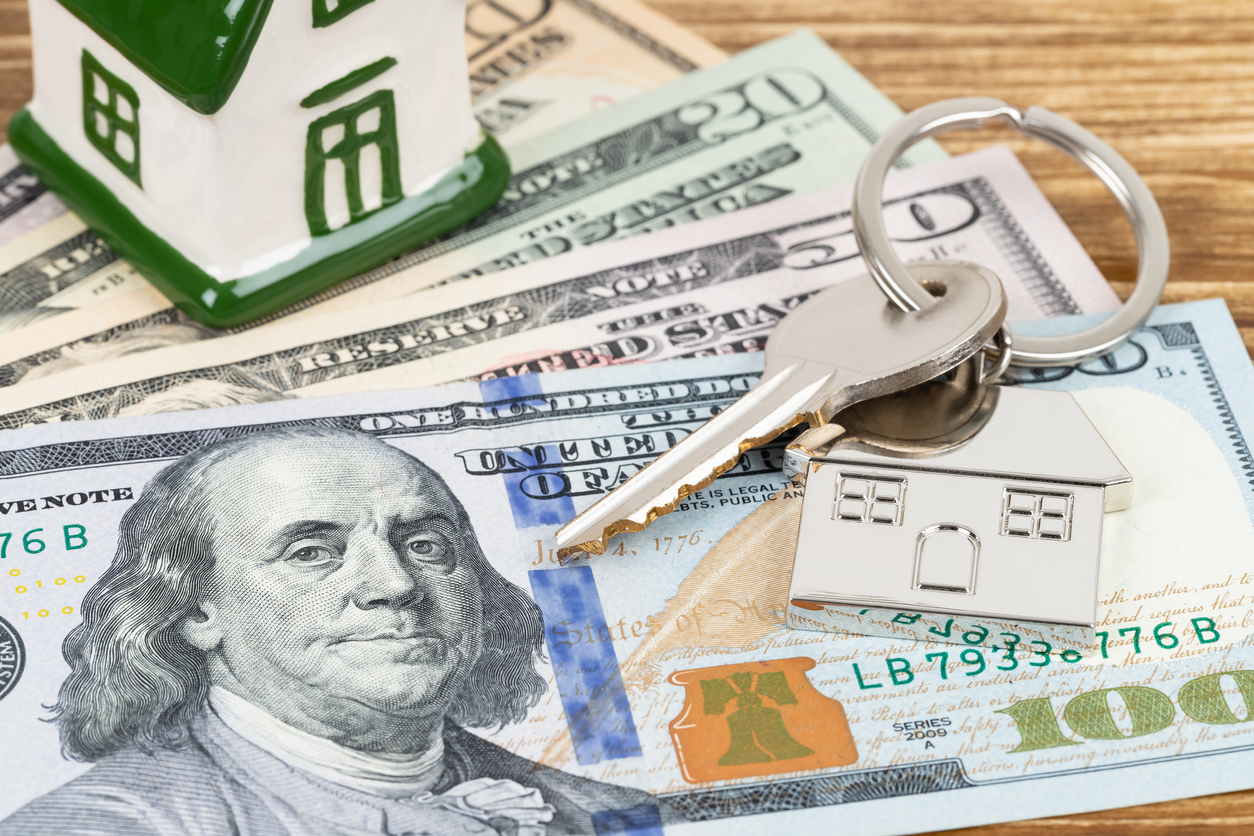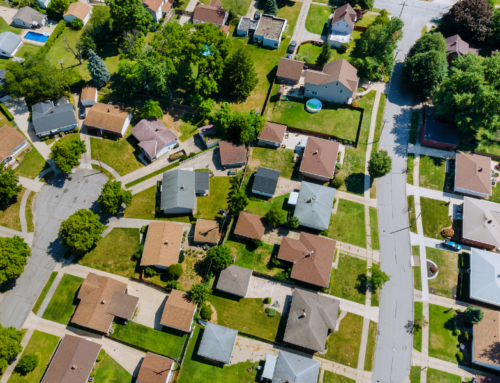
Starting September 1st 2019, homeowners will be slightly more limited in how much equity they can access through a cash-out refinance from the Federal Housing Administration.
The FHA published Mortgagee Letter (ML) 2019-11, “Maximum Loan-to-Value and Combined Loan-to-Value Percentages for Cash-out Refinance Mortgages,” announcing the reduction of its current maximum loan-to-value (LTV) and combined loan-to-value (CLTV) percentages for cash-out refinance mortgages from 85 percent to 80 percent.
What is a Cash Out Refinance?
A cash out refinance pays off your existing mortgage and replaces it with a loan for more than you owe on your house. Homeowners must have equity built up in their house in order to use a cash-out refinance.
For example, if your home is worth $200,000 and you only owe $100,000 on the mortgage, you have $100,000 in equity in the home. However, homeowners cannot access 100% of this equity.
Prior to 2009, the LTV on cash-out refinances was 95%. In 2009 FHA last adjusted the maximum LTV on cash-out refinances to 85% in response to the weakening housing market.
“People really started using their homes as ATMs, and when the market plummeted they ended up upside-down,” said Rick Sharga, a mortgage industry expert.
The FHA is lowering the maximum LTV on cash-out refinances again, this time to 80%, in an effort to prevent another housing market collapse.
Is a Cash Out Refinance Right for You?
Cash out refinances have become increasingly popular over the years and homeowners can use the money on anything they wish. If you are considering a cash out refinance, a good rule of thumb is to only use the cash for something that will improve your financial picture. Avoid increasing your monthly debt with no ROI.
Here are some examples of how a cash out refinance could benefit homeowners.
Pay for education expenses: If a career change will ultimately increase your income, a cash out refinance might be the right decision and may have a lower interest rate than a student loan.
Pay off other debts with higher interest rates: A cash out refinance is a larger loan often resulting in a slightly higher payment. However, if you are paying on credit cards with 20% interest, paying off these balances with a cash out refinance at a 4% would make financial sense.
Improve credit score: Paying off debts will decrease your credit card utilization which has a significant impact on your credit score. A higher credit score means more favorable loan terms in the future, for example, if you plan on financing or leasing a vehicle.
Home renovations: Smart home improvement projects will not only improve your quality of living but will increase your home’s value and put more equity back into the home.
Homeowners may also consider a traditional refinance. Homeowners cannot pull out cash from their home with a traditional refinance. They can however keep more money in their pocket by changing their loan terms or lowering their interest rate.
Learn More: Mortgage Lender in Rochester MI, Explains Why 2019 May be a Good Time to Refinance
Consult with Michigan FHA Lender, Julie Krumholz
If you would like to learn more about what refinancing options are available to you, contact Julie Krumholz from Superior National Bank by calling 586-382-5482.
Julie is a registered loan officer servicing clients in Rochester and throughout the state of Michigan. She has over 30 years in the mortgage industry, providing a wealth of experience to her clients. Julie has worked in underwriting, quality control, processing, closing and loan origination. Her extensive background allows her to advise borrowers and refinancers with unusual expertise.





